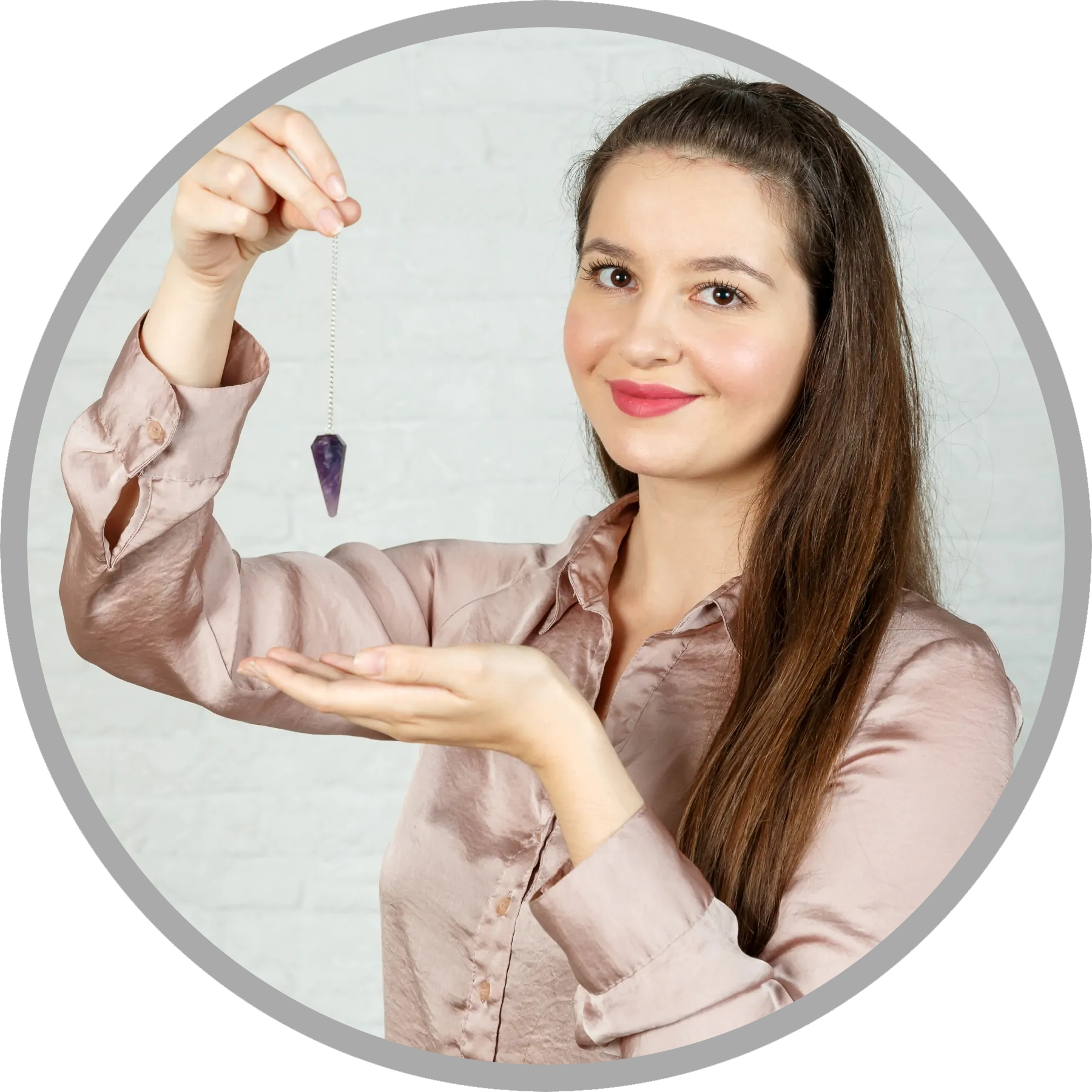There is no denying the impact COVID-19 pandemic has had on the mental health and wellbeing of our children. Levels of depression and anxiety are on the rise.

Delia Ciobanu
Student Counsellor
International British School of Bucharest
There is no denying the impact COVID-19 pandemic has had on the mental health and wellbeing of our children. Levels of depression and anxiety are on the rise.
As social beings, human connection and relationships are essential to maintaining a sense of positive mental health and wellbeing. Increased isolation, associated with the recent pandemic, has unfortunately impacted significantly on the state of mental health of our children, teaching us that we need to take as much care of our children’s mental health and well-being as we do their physical health- being inter-connected and of equal importance.
One way to help our children maintain a sense of mental well-being is to create healthy habits, which help them to feel stronger, happier, safer, and more in control of their lives.
Imagine that your body and mind are like a car. In order to function well, it needs good quality fuel: you can’t put soft drink in and expect it to run smoothly. Just like a car, you need to fuel your mind and body with healthy, nourishing foods, positive thoughts, and affirmative action to function well.
Having healthy habits can help our children establish and develop positive, healthy relationships with friends and colleagues, increase levels of concentration leading to improved academic results, and provide the energy and drive needed to engage in life in a positive, healthy way both in and outside school.
The essential healthy habits for our children are:
• Healthy eating
• Physical activity
• Quality sleep
• Positive thoughts (and expressing gratitude)
In addition to these four factors, studies have identified the follow core factors that can contribute to our children’s well-being.

Here are a few suggestions:
• Join a local club based on your interests
• Find time to spend with family and friends
• Ring someone or speak to them face-to-face instead of sending a message
• If you are having a difficult day at school, try and speak to someone about how you are feeling

Here are a few suggestions:
• Get involved in sporting activity; exercise increases the release of endorphins and endorphins trigger positive feelings
• Get enough good quality sleep to give yourself the energy and stamina to be active
• Take the stairs instead of the lift
• Walk more. Even a ten-minute walk is good for your physical and mental health

Here are a few suggestions:
• Practise gratitude – what three things are you grateful for today?
• Try some mindfulness techniques (be mindful when you are eating or drinking )
• Practise self-compassion – are you aware of your thoughts – are they positive or critical?
• Would you speak to a friend in the same way you speak to yourself?
• Keep a mood diary to help establish patterns and find out what might trigger different feelings throughout the day
• Be aware of your limits and have the confidence to say ‘no’ to not become overwhelmed
• Reflect on your experiences.

Here are a few suggestions:
• Mix your day up
• Step outside your comfort zone
• Learn what makes you feel confident and prepares you for the day ahead
• Celebrate your successes and build on them

Here are a few suggestions:
• Spend more time with a colleague or a friend
• Become a good listener
• Help your parents more with housework around the home
• Find volunteering opportunities doing something that you’re interested in
• Look for opportunities to compliment others on a regular occasion
• Act as a mentor for a less experienced colleague

Here are a few suggestions:
• Accept help from others
• Accept words and acts of kindness from others. For some people, giving is happiness.
• Be open to change and new opportunities in your life
• Let go when you need too, knowing that this creates space for better things to come
Maybe it sounds easy or too simple, but remember:
It’s the simple things in life that are more often than not the most extraordinary!
And as a final piece of personal advice from me to you: try to slow down enough to feel, see, smell, and touch life. You’ll be surprised how much happier you are simply using your senses more to see the beauty around you and appreciate what you have. We always seem to be in a rush much of the time, and as a result often miss the simple joys and pleasures of life.
IBSB is a school deeply committed to supporting student and staff well-being. We invest time and resources into supporting emotional wellbeing and happiness, because we know that happiness and wellbeing underlie academic performance and fulfilment in life.
The video may help your children to reflect on the way they spend their time as a single but important step toward living a more enriching and fulfilling life.